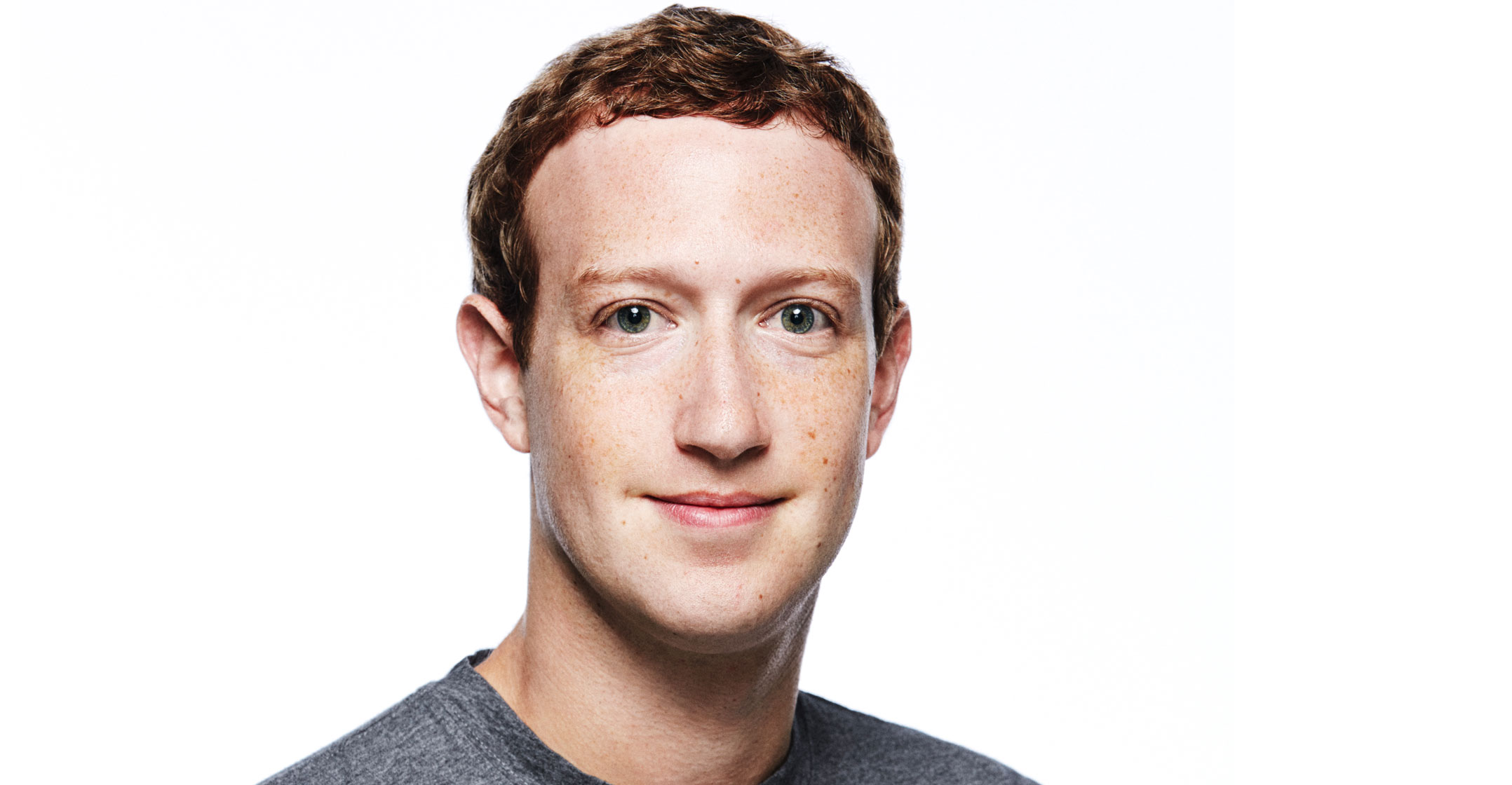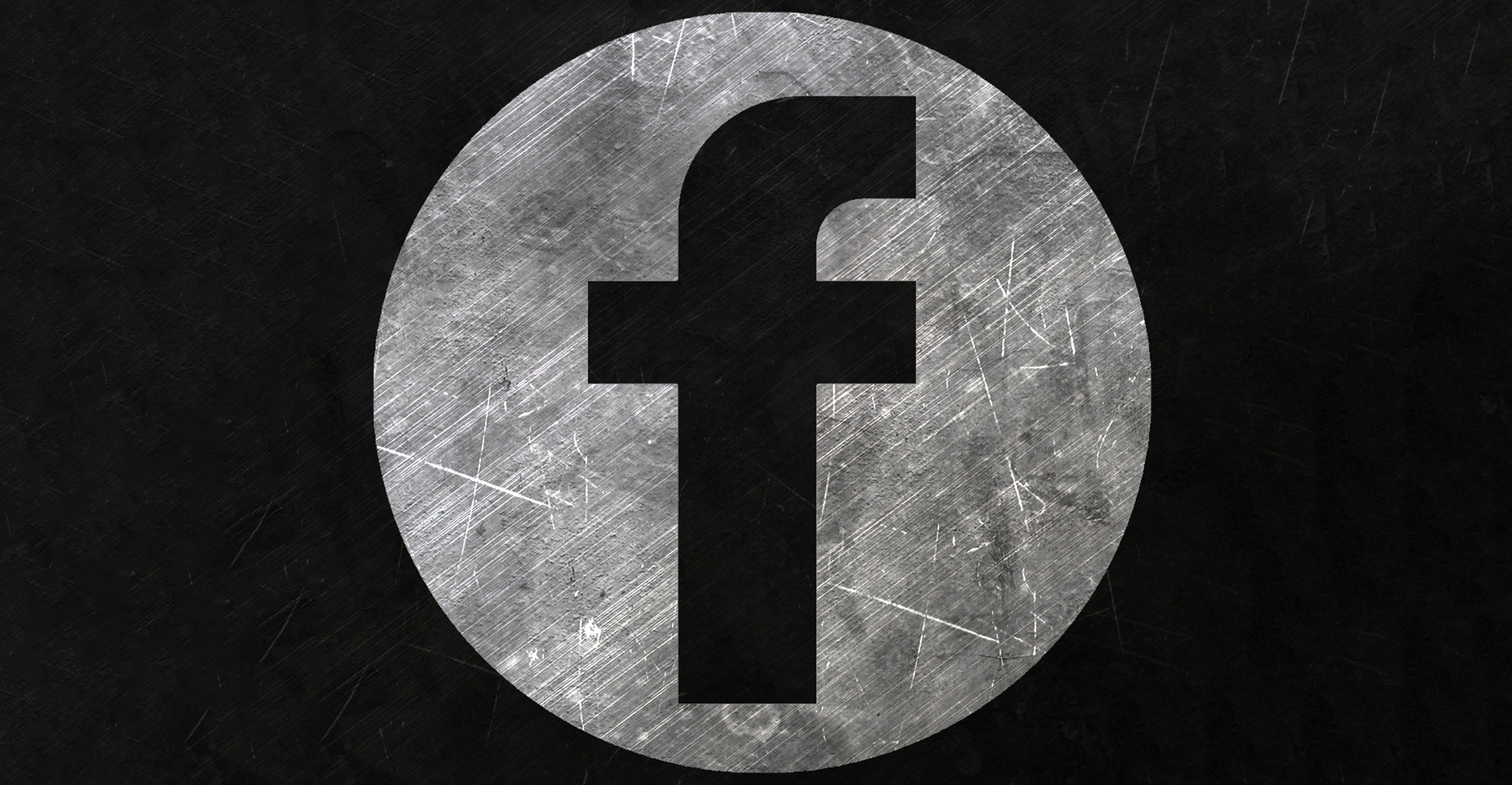
[dropcap]F[/dropcap]acebook is no longer just about “connecting the world”. CEO Mark Zuckerberg has written a new mission statement: to “give people the power to build community and bring the world closer together”.
Zuckerberg has been rethinking Facebook’s role, reacting to the rise of isolationism and nationalism, and the decline of membership in local community groups around the world.
Connecting people on Facebook, which Zuckerberg says is now “very close” to having two billion users, was supposed to make it easier to create bonds across cultures and ideologies. Instead, government elections of the last couple years have shown deep polarisation — and Facebook has been wrapped up in the debate, criticised because its platform has played a role in the spread of misleading news and extremist ideology.
“Our mission of connecting people, that was not supposed to be controversial,” Zuckerberg said in an interview with Bloomberg. “So now the question is, why is that a controversial thing, and how do you rebuild that?”
Zuckerberg thinks part of the answer lies in facilitating deeper ties between users on Facebook, who may not have started out as part of the same families or friend groups.
The new mission statement was unveiled at Facebook’s first Communities Summit in Chicago on Thursday, meant to galvanise administrators of Facebook Groups. Zuckerberg says he now considers those admins as important to Facebook as its software developers and advertisers.
Groups
Facebook’s Communities Summit has been conceived as a much smaller version of f8, Facebook’s flagship event for developers and the press. That two-day developer conference attracted thousands of attendees when it was held in April, and was the showcase for a series of product announcements related to camera tools and augmented reality.
Thursday’s event is structured around a series of workshops designed to teach 300 moderators to use Facebook’s new community tools, a principal way the company is hoping to address the controversy around the service’s role in a healthy democracy.
“When enough of us feel a sense of support in our own lives, we can start to care about broader issues, too,” Zuckerberg said during his keynote.
He announced several new tools to Facebook’s Groups service. The features are aimed at giving moderators, the unpaid organisers of groups on Facebook, more power to police groups from spam and hate speech, or to simply keep a group on topic.
Zuckerberg said Facebook would add improved data analysis tools to help moderators understand, for instance, which members are most engaged, and software that would make it easier to remove posts when needed.
Facebook said it aims to have a billion people involved in “meaningful groups”.
“If we do this, it will not only reverse the whole decline in community membership we’ve seen for the last decade, it’s going to strengthen our overall social fabric and bring the world closer together,” Zuckerberg said during the speech.

Zuckerberg has been on a tour around the country, as part of a personal challenge to visit all 50 states. During the tour, he’s met several community leaders who have provided feedback on Groups, and how much time it takes to vet members and organise action.
“It’s just an amazing amount of work that these people are jumping through hoops to do,” he said in the interview. “And I just think, if we made that easier, how many more communities like that could you create?” — Reported by Sarah Frier and Max Chafkin, (c) 2017 Bloomberg LP




